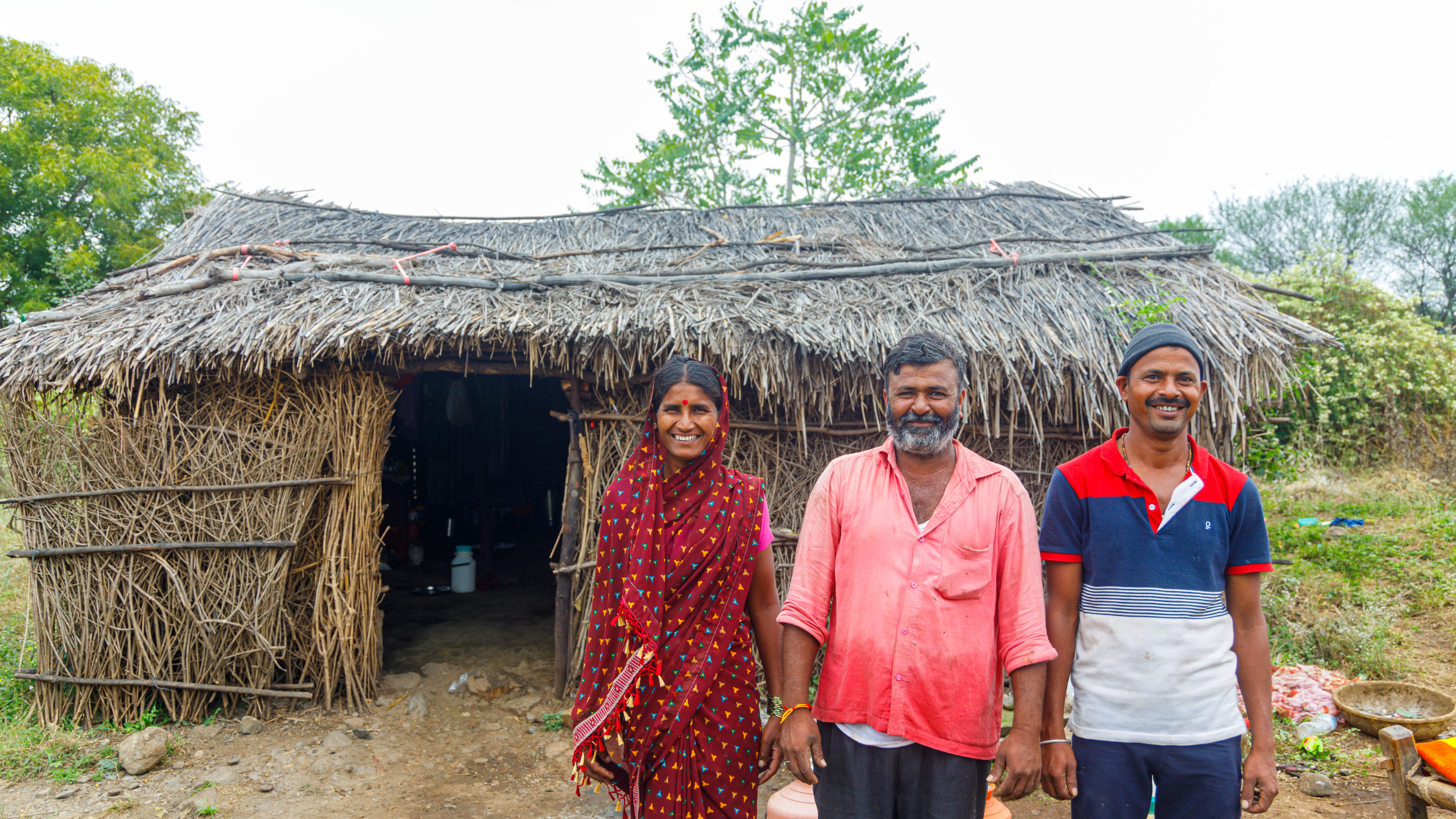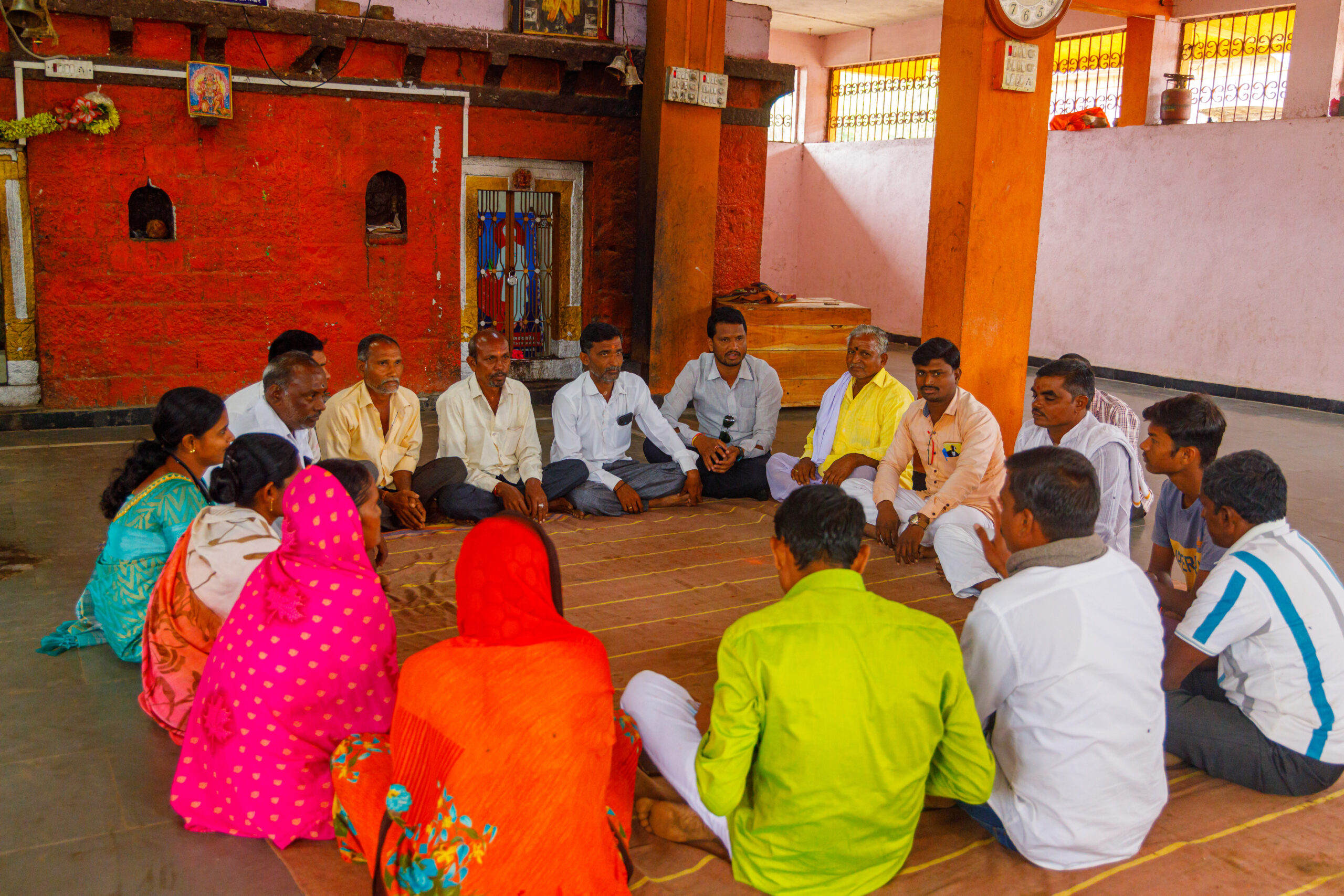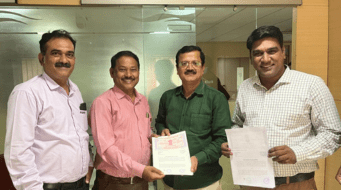In an era where climate change poses an existential threat to our ecosystems, economies, and communities, Maharashtra has taken a significant leap towards integrating ecosystem-based adaptation (EbA) into its development policies and programs. The Government of Maharashtra, through its Department of Environment and Climate Change (DoE-CC), has joined forces with the Watershed Organisation Trust (WOTR), a renowned non-profit organisation and think tank, to forge a path toward sustainable and resilient development.

The non-financial MoU, signed in Mumbai in January 2023, underscores a shared commitment to harnessing EbA strategies to bolster Maharashtra’s climate resilience. The DoE-CC, as the nodal department for climate change in the state, has already set the stage with initiatives like the Maharashtra State Climate Change Adaptation Strategy (2017), the Majhi Vasundhara initiative and, the updating of the SAPCC. These efforts aim to enhance the resilience of ecosystems, promote climate-smart agriculture, and foster environmental consciousness among citizens.
WOTR brings to the table its extensive experience in climate adaptation, sustainable ecosystem management, and community development, having impacted over 6.93 million people across 7124 villages and rehabilitated 2.64 million hectares of degraded landscapes. The organisation’s expertise in applied research (Reasearch-in-Use), policy analysis, and capacity building, particularly through its WOTR Centre for Resilience Studies (W-CReS), will be instrumental in advancing EbA measures across Maharashtra.
The timing of this collaboration is crucial, aligning with the United Nations’ declaration of 2021-2030 as the Decade on Ecosystem Restoration. EbA is recognised globally as a holistic approach that leverages biodiversity and ecosystem services to help communities adapt to climate change. By focusing on conserving biodiversity, regenerating natural resources, and enhancing local governance, EbA aims to safeguard livelihoods and manage natural resources sustainably amidst environmental degradation and climate change impacts.
A core component of this partnership is WOTR’s ongoing project, “Building Resilience in Agriculture and Allied Sectors in Rural Maharashtra,” supported by the Indian Climate Collaborative (ICC) and the Government of Maharashtra. This project exemplifies the practical application of EbA strategies, including nature-friendly farming, digital agriculture advisories (via the FarmPrecise app), and water security enhancements.
The MoU outlines a shared objective to develop and implement an EbA policy and strategic roadmap, emphasising extensive policy research, stakeholder consultations, and pilot projects in critical districts like Ahmednagar, Osmanabad, and Gadchiroli.
WOTR’s role encompasses analysing existing policies through an EbA lens, suggesting additional indicators for the Majhi Vasundhara assessment matrix, and co-creating policy strategies and frameworks. Meanwhile, the DoE-CC will coordinate efforts across government departments, facilitate the approval and implementation of the EbA Policy, and support capacity-building initiatives.

The agreement underscores a comprehensive approach, detailing roles, responsibilities, and mechanisms for amendment, dispute resolution, and duration. It represents a bold step toward embedding ecosystem-based adaptation into the fabric of Maharashtra’s development policies, aiming to create resilient rural communities and vibrant ecosystems.
As Maharashtra charts this pioneering path, the partnership between the DoE-CC and WOTR offers a ray of hope and a replicable model for integrating environmental sustainability and climate resilience into regional development strategies. This initiative not only highlights the importance of collaborative efforts in tackling climate change but also sets a precedent for other states and regions to follow, marking a critical milestone in India’s journey toward sustainable development and ecological restoration.





